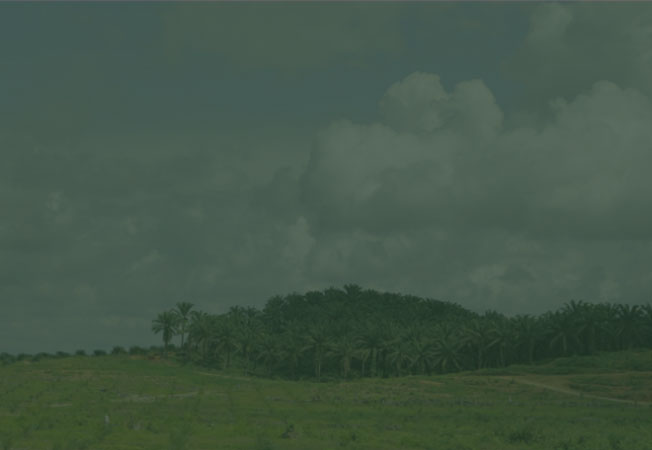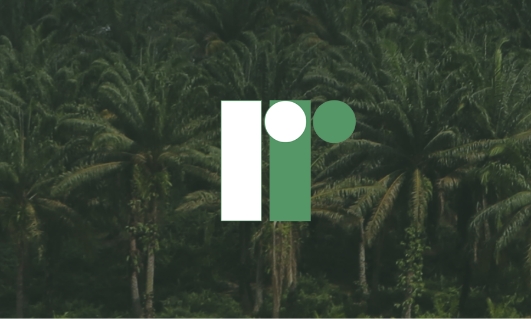Sustainability: Sustainable Development - Fire Prevention Management


Fire Prevention Management
Fires pose a significant threat to habitats, communities, and operations, particularly during periods of dry weather conditions. At REA, fire prevention and management is an important aspect of our Sustainable Development pillar. We are guided by our Environment and Biodiversity Conservation Policy, which was initially launched in 2015 and updated in 2022. We adopt a strict zero-tolerance policy towards burning and implement a thorough framework for monitoring, prevention, and response to effectively reduce fire hazards in our operations and neighbouring areas.
The use of fire for any land-clearing activities or any other purpose within REA’s operation and adjacent areas is strictly prohibited. We actively enforce our no-burning policy across all group locations and our suppliers, ensuring compliance with our sustainability commitments and RSPO requirements.

Recognising that effective fire management requires collective action, REA collaborates with local governments and communities. We support surrounding communities by providing knowledge and resources through partnerships and training programmes aimed at promoting sustainable good agricultural practices.

In 2022, REA introduced the Fire-Free Alliance (Kelompok Tani Peduli Api) initiative in partnership with local farming groups. This programme involves six villages: Desa Muai, Desa Perdana, Kembang Janggut, Kami Peduli, Belayan Siaga, and Gotong Royong. It aims to address fire-related issues through remediation efforts, monitor High Conservation Value Areas (HCVA), and establish comprehensive fire management practices.
To mitigate risks, we have made significant investments in crucial infrastructure such as fire towers, water reservoirs, and signage placed in areas prone to fires. These initiatives adhere to regulatory standards, including the 2010 decree from the Director General of Plantation, and ensure our readiness to manage fire threats.
Advanced Fire Monitoring and Early Detection
REA utilises technologies and systems for effective fire monitoring and risk management: